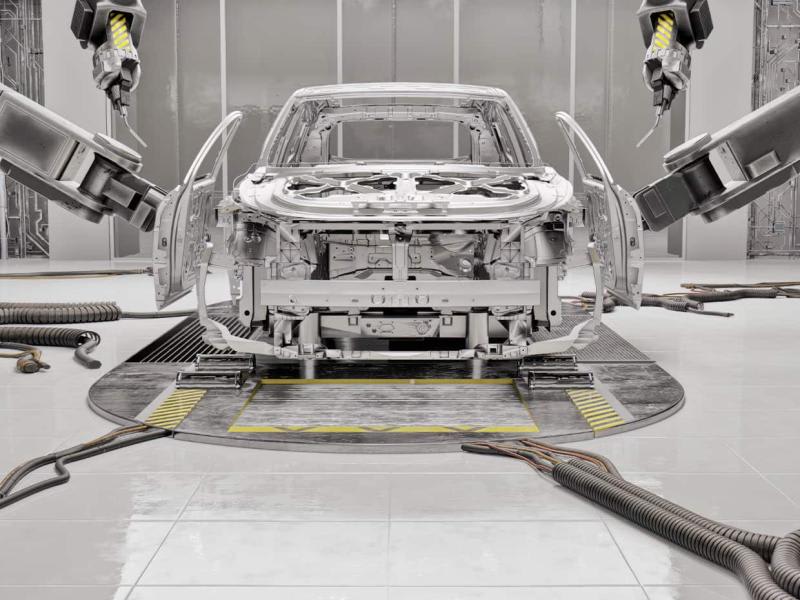From silicon to cars – The semiconductor and shortage [00:00 - 17:35]
2020 and 2021 has seen Toyota, VW, BMW and other major carmakers impacted by the global semiconductor chip shortage which has plagued the industry since the onset of the pandemic.
The automotive industry had other impacts in 2020, such as snowfall in Texas, droughts in Taiwan and a fire in a semiconductor fabricator, all affecting the semiconductor supply chain. This was on top of an already increasing demand for semiconductors from other industries such as Artificial Intelligence (AI), 5G, the Internet of Things and consumer electronics.
RSM’s Jim Ward, Partner, Industrials Senior Analyst, looks at some of the key issues creating challenges for the automotive supply chain:
- Changing macro-economic drivers
- Industries which are competing for resources
- The 26 week-long manufacturing process of semiconductors and chips
- Increasing demand misalignment with the length of manufacturing process
With an estimated $125bn of lost sales due to the chip crisis, with 85% of those losses thought to be in the automotive industry, Jim also considers the learnings from the automotive sector:
- The importance of moving away from the ‘just in time mindset’
- How the industry needs to move from short-term to long-term supply chain management and the need for cognitive planning to do so
- The need for closer collaboration and need for direct relationships between OEMs and the suppliers within the supply chain
- How suppliers of semiconductors need to be managed differently from other suppliers
- The need to help finance semiconductors through reserving capacity
- How the industry is likely to balance ‘just in time’ with ‘just in case’ approach
- How OEMs would benefit from a re-evaluation of custom parts to standardising parts and the use of multiple suppliers
Industry 4.0 and the factory of the future - [17:35 - 37:13]
In looking at The Future of Automotive, RSM’s Bart Huthwaite, Principal, Strategy & Management Consulting, looks at Industry 4.0 and the arrival of the fourth industrial revolution and its impact on factories of the future.
The speed and exponential impact are disrupting almost every industry in every country around the world and will transform entire systems of manufacturing production, operational management, decision making and governance. Bart looks at the convergence of physical and digital and how data analytics and AI is now providing better insight into operations with the following benefits:
- Enhanced productivity across all aspects of the value chain.
- Rethink the workforce of the future
- Data is at the core and manufacturers must now have a data driven strategy and its influence on sales and operations planning, inventory management, smart manufacturing, warehousing and logistics, as well as customer service
For more information please contact: [email protected]







